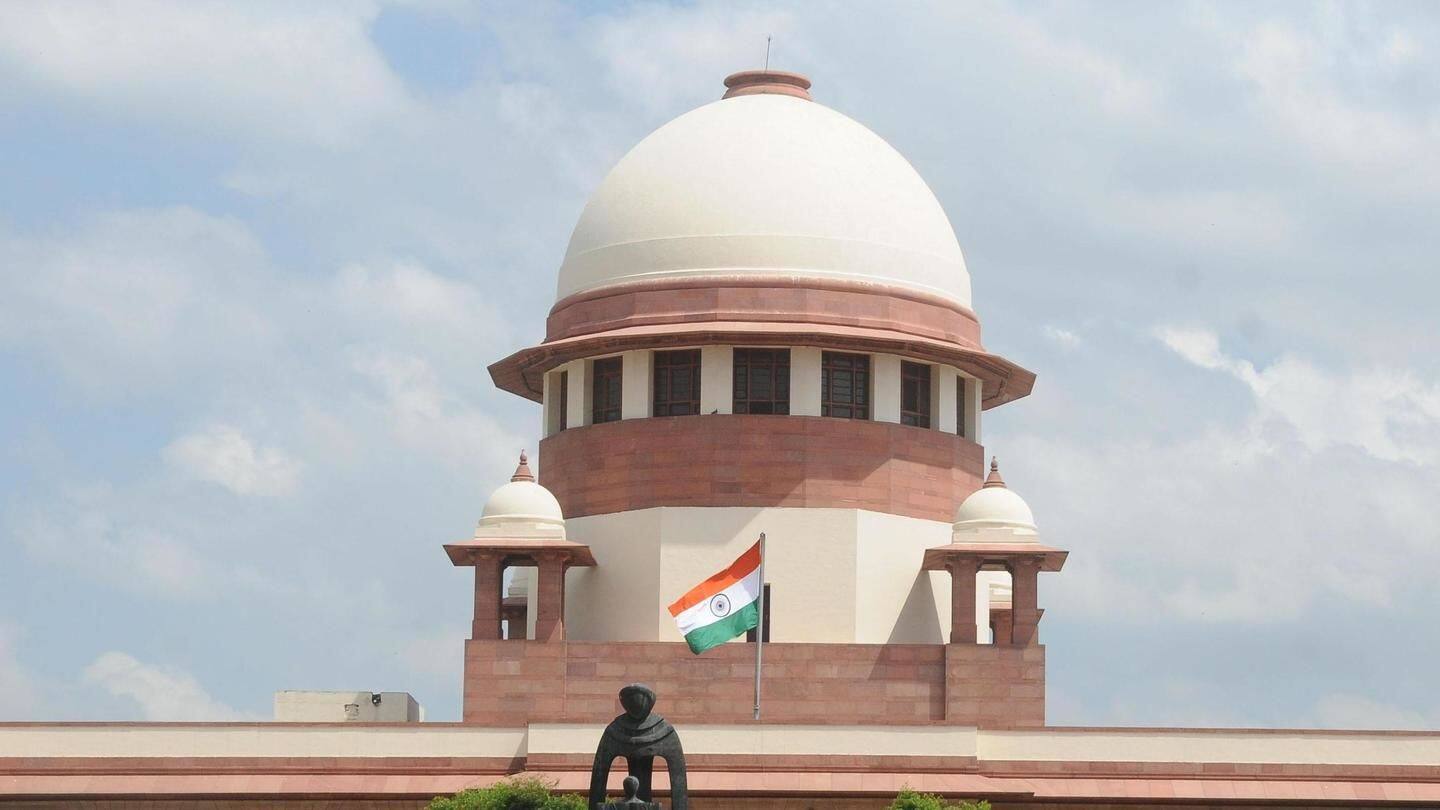
Gujarat: Wife wants husband punished for forcing oral sex
What's the story
A Gujarat woman has approached the court seeking stringent action against her husband for forcing her to perform oral sex in their four years of marriage. This complaint comes in the backdrop of Supreme Court reserving its judgement on the decriminalization of Section 377. The woman, in her plea to the court, said her husband, a doctor by profession, forced her many times.
The case
Husband wanted to film physical intimacy with wife, counsel tells
The petitioner got married to her husband in 2014, after being engaged to him in 2002. She was just 15 years old then. The wife's counsel Aparna Bhat said her husband didn't comprehend her objection. Sometimes, he even wanted their physical intimacy to be filmed. Apart from the demands, the husband also threatened and abused her physically when she protested.
About
A brief introduction to the controversial Section 377
Section 377, introduced during colonial rule in 1861, criminalizing any sexual activity "against the order of nature", including anal sex, oral sex, penile penetration of "artificial orifices" and "penile-non-vaginal sexual acts". If convicted, a person can be imprisoned for life or for a term up to ten years, and a fine. About 200 people have been prosecuted under Section 377 till now.
Details
Wife's counsel argues husband's demands are against 'law of nature'
Earlier, the woman had lodged FIR accusing her husband of rape but the Gujarat HC said there was no provision of marital rape. Bhat argued that the husband's demands were against the law of nature. A bench of justices NV Ramana and MM Shantanagoudar issued a notice to the wife's husband.
What happened
Meanwhile, Delhi HC makes progressive statements about marital rape
Recently, the bench of justices Gita Mittal and C Hari Shankar said marriage doesn't mean wife always have to be willing for sex. The bench was hearing petitions seeking criminalization of marital rape. Responding to NGO Men Welfare Trust, who oppose the petition, the court said force isn't a pre-condition for rape. "Today, the definition of rape is completely different," the bench said.